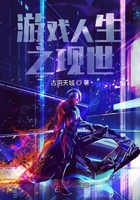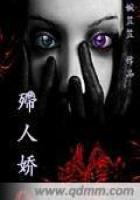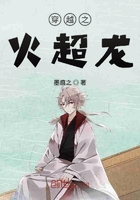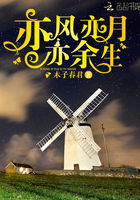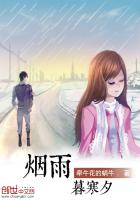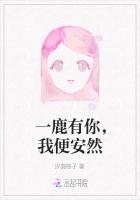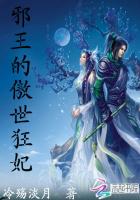Since last year, Western media coverage of controversial issues in China has come under fire in China, culminating in a Chinese editorial entitled “Why I Stopped Reading The Wall Street Journal,” in response to the WSJ’s coverage of the Xinjiang riots in early July.
By Liu Wanyuan
Amid the clamor that erupted in Xinjiang in early July, when riots left 197 people dead and more than 1,600 injured, a media war erupted between the Chinese government and the exiled Uyghur groups with Western press caught in the middle.
Following the publication of the first Western reports on the incident, a large number of netizens, apparently Chinese, began posting comments criticizing the accuracy of the reports on the websites of several major Western media outlets. Singaporean media organization, Lianhe Zaobao, also reported that Han Chinese in Urumqi, capital of Xinjiang, repeatedly disrupted Western reporters, with many locals frequently becoming involved in public arguments with overseas media staff.
On July 13, the Global Times newspaper published an article entitled, “Why I Stopped Reading The Wall Street Journal,” in which it accused the WSJ of biased reporting in its coverage of the Xinjiang riots, and called for a boycott of the paper. The article, written by Ding Gang, a senior commentator at the Global Times, was widely circulated, and helped to bring the issue into the mainstream.
Caught in the Crossfire
Most of the criticisms that followed have focused almost exclusively on the Western media’s interpretation of events, which have been perceived as ideologically driven. The Chinese media criticized the Western media’s notion that the riot began as a peaceful protest, and turned violent only after the heavy-handed intervention of security forces, a version of events that has been advanced by the World Uyghur Congress (WUC).
According to most Chinese media, however, the incident was never peaceful, given that the riot erupted in different areas at the same time and most of the victims were civilians coming under sudden attack.
“In some reports [from the Western media], the word ‘protestors’ was applied to Uyghurs, while the word ‘rioter’ was used to describe Han Chinese; some of the reports described the killings simply as a ‘bloody incident,’” wrote Ding Gang.
During a recent interview with NewsChina, Andrew Browne, China Editor at The Wall Street Journal, denied accusations of an innate bias, “On day one of the violence, we had nobody there, and we didn’t know what really happened. But I saw no presumption in our report and we have tried to be as objective and fair as possible. The Chinese government says it was a premediated act of violence, directed from outside of the country, and we put that into our story.”
Ding Gang, however, disagreed with Browne during an interview with NewsChina. “The problem is that the apparently factual elements adopted by many commentators, are the same as the claims made by the WUC – that it was a peaceful protest that developed into a riot because of the so-called police crackdown.”
Ding’s article specifically referred to a WSJ editorial entitled “Uprising in Urumqi, Beijing Cracks Down on A Muslim Minority,” published on July 8. The editorial opens with the sentence, “Authoritarian states are typically less stable than they appear, and China is no exception,” and later urges China to alter its “crackdown policy” on ethnic Uyghurs.
“Rather than focusing on the killing of innocent people, including women and children, it focuses on the so-called ‘Beijing crackdown,’” wrote Ding. “How would Americans have felt if a Chinese newspaper published an article entitled ‘Revolt in New York – Muslims’ Struggle Against American Hegemony’ after the 9-11 attack?”
However, according to Browne, “An opinion piece only represents the position of the authors and an editorial only represents the position of the editorial page. It is a different kind of journalism. There is a clear separation between news and opinion at the WSJ.”
Ding, though, seemed unconvinced.“The article is not signed, and obviously represents the opinion of the news agency,” he told NewsChina. “The Western media tends to approach any protest in China from a pre-formulated perspective, which has been the same for the last twenty years.”
Ding’s anger and frustration was shared by large numbers of netizens, many of whom were upset that the Western media focused on the much less violent protests by Han Chinese, while failing to criticize the Uyghur rioters on July 5. Furthermore, they considered the Western media’s persistent use of quotes of Rebiya Kadeer, President of the WUC, and the fact that they provided her with a platform to publish her own comments, as both unfair and reckless.







